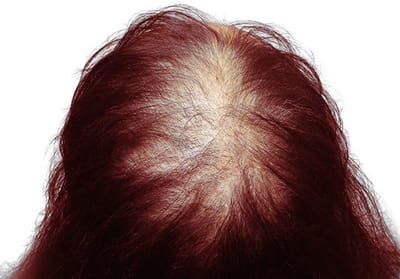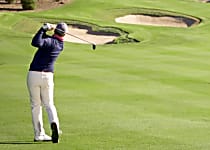Rugby-Scotland needs global family to stay among the elite
* More than half of Scotland's squad born abroad
* New scheme hopes to unearth more qualified players
* Resurgent Scotland face New Zealand, Australia this month
By John Geddie
LONDON, Nov 7 (Reuters) - Luke Hamilton faced a very awkward conversation with Wales rugby selectors in 2011. The Welsh-born backrower called up for Scotland ahead of this month's internationals was told that if selected for Wales Under-20s to play against France he would forever be tied to the country of his birth.
It was a so-called "capture" match - rules soon to be changed by the sport's governing body - that would have annulled any claim to qualify for Scotland through his Scottish father.
Luckily for Scotland, although it may not have felt that way for Hamilton at the time, it was a conversation the 19-year old never had to have. Despite being involved in every other match of that Under-20s Six Nations campaign, he did not feature against France.
His Welsh team mate Steven Shingler, who has a Scottish mother, did play in the game and was later barred by World Rugby from representing Scotland when he was called into their full international squad the following year.
Hamilton's road to Scottish rugby has had many twists, but as Scotland continues to increase efforts to unearth foreign talent, it is not that unusual.
He is one of 20 foreign-born players in Scotland's 38-man squad for this month's games against Samoa, New Zealand and Australia.
There could be even more in the future.
Last month, Scottish Rugby launched a Scottish Qualified Programme which comprises 10 international scouts based in places ranging from England to Japan. Six of them are directly employed by the union.
This strategy, coupled with big investment into its academy system and plans to launch a semi-professional domestic league, should help Scotland secure their place among the world's best.
The country climbed to its highest ever world ranking of fifth this year - they currently lie sixth - and their Under-20s recorded their highest finish, also fifth, in the Junior World Championship.
PLAYER DEFICIENCY
There is arguably more onus on Scotland to keep tabs on their talent abroad than on any other leading rugby nation.
Scotland has less than 50,000 registered players, according to figures from World Rugby, fewer than any other top 10 team.
New Zealand has around 150,000 players, Australia has over 200,000, England and South Africa have about 400,000 and France over half a million.
"We can't just restrict ourselves to Scotland," national coach Gregor Townsend told the BBC.
"There are a number of people I know that leave the country to go to work in London or to work elsewhere...They have children and they still feel very Scottish.
"We have got to make sure we are aware of who they are and that they are aware of the opportunity they have playing for Scotland."
Looking beyond your borders for talent is not a new concept, but Scotland seem to be leading the chase.
At the last World Cup in 2015, Samoa had the most foreign-born players with 13, closely followed by Wales, Tonga and Scotland all with 12.
A similar analysis of the 2017 Six Nations squads put Scotland on top with 18 foreign-born players, well ahead of Wales with 10 and Italy on eight.
Scotland's push to recruit players through parentage comes after World Rugby in May announced a broad reform of eligibility rules including an extension to the length of time it takes to qualify through residency from three to five years.
Of the 20 foreign-born players in Scotland's squad, three qualify only through residency.
But as one door shuts another opens. The obscure rule that captured Shingler, and very nearly Hamilton, will be scrapped from next year.
Sides may no longer nominate their Under-20s as their second team, which effectively allows them to tie players to their country if they compete against another side that is a nominated second team.
(Reporting by John Geddie, editing by Ed Osmond)







